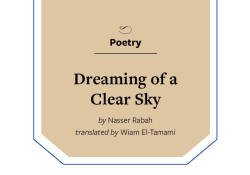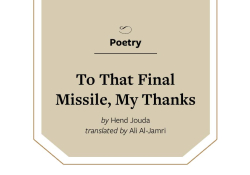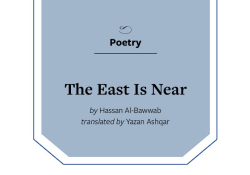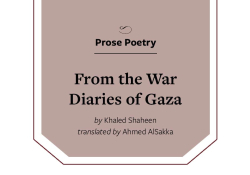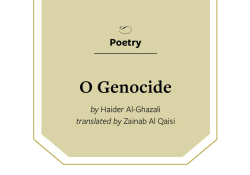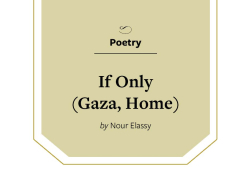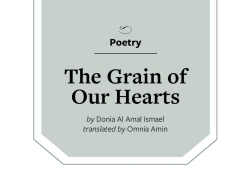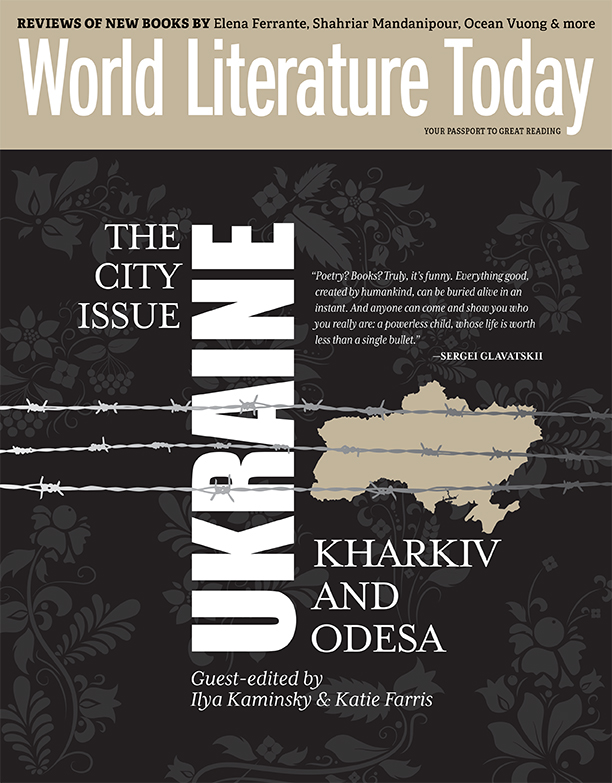Two Poems from Peru
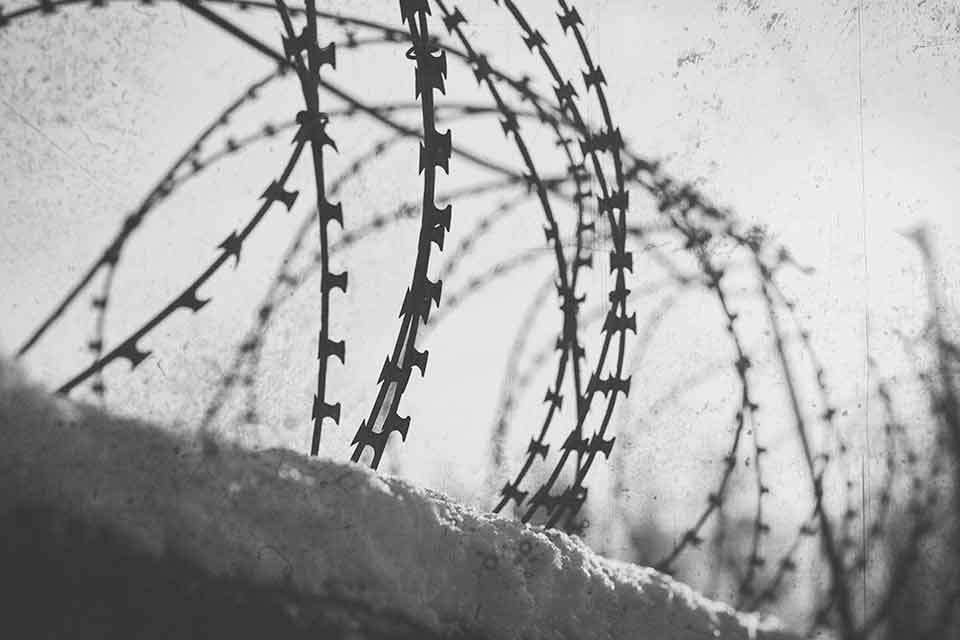
Anna
1
“Now I know how faces disappear,
how terror nests under eyelids,” wrote Anna,
Anna Akhmatova.
Can you understand such suffering?
While I read her, I lie stiff on the bed.
She, Anna, has a son in Siberia. She has swallowed her poetry. She’s memorized it.
I wish I could be there to offer her flowers
Memorize one of her poems
Get up from this bed and tell her “Anna, I am
with you.”
2
A woman approaches Anna in line outside the prison in Leningrad. Today Saint Petersburg.
“And you, can you describe this?”
And I said:
“I can.”
And she did. And she wrote “Requiem”
For her, for the woman who requested it and all the other women
Then she went to have a drink at the “stray dog”
That basement where poets laughed, melancholy
In the dark years of the Soviet regime
3
Anna: “Like the wives of Peter the Great’s soldiers I will stand
in Red Square and howl beneath the
Kremlin towers”
The woman: When will I get out of this bed?
When will I
take a pencil and begin to write?
Will I be able to?
In tough times, will poetry say something?
Can it?
And if it says something, how will it?
Poisoned as I am now
Will I howl?
4
Writing is erased
With one strike
delete
I used to think I could keep it close
That it was a strange beauty
Its truth forever uncomfortable
But that’s not the case
It soon fades
It hurts no one
Today I don’t need to use my memory
Or swallow the poems of others so that someone
Will drag me down to ominous basements
Or exile me to a guano island
I store everything in electronic devices
Conspiracies planned at dawn
in unrepentant chats
And autocorrect always ready to ruin everything
Ruin me
5
The war is over – so they say
In wartimes
I used to walk through boulevards and squares
Attend recitals
The war belonged to others
There was no power
There was no water
The corrupt head
The war reached us via the news
Through the papers and the bleeding
images
on TV screens
Death was daily news
But never something new
Jail cells full
Mothers pleading outside
They didn’t kidnap you
They didn’t rape you
They didn’t take away your child
You didn’t marry your abuser
(or did you? – times change)
But why today does the war
play in our hearts
like images that can’t be switched off?
6
In her mind there is a war
Siberia is an enormous canvas
Like the desert was in Chile
The sea in Argentina
The riverbeds in Peru
These are the canvases of our adolescence
7
When I get out of this bed
When this woman is no longer ill
When terror no longer nests
When I know who is watching us
We will roar like you
Anna
With pain and beauty
Marina
There in Yelabuga
A rope hangs around the neck
of Marina
Marina Tsvetaeva
A rope
and a handful of poems
Outside, immense Siberia
That streak of silence and cold
The purity of the first snowfall
And then darkness
No children
No husband
The persecuted
The assassinated
The survivors
Of a new world
In a world that doesn’t exist anymore
To persist in writing
What for?
Meanwhile this woman
Has nails stained
with chemicals
Poisons piped in from a catheter
they say will heal her
From her bed
The woman keeps writing
And remembers the first Boston snow
After the first day everything rots and turns gray
And darkness falls
So another century passes
when I draw breath no more,
from the very core of one condemned to die,
with my hand I write you
Marina
Translations from the Spanish





